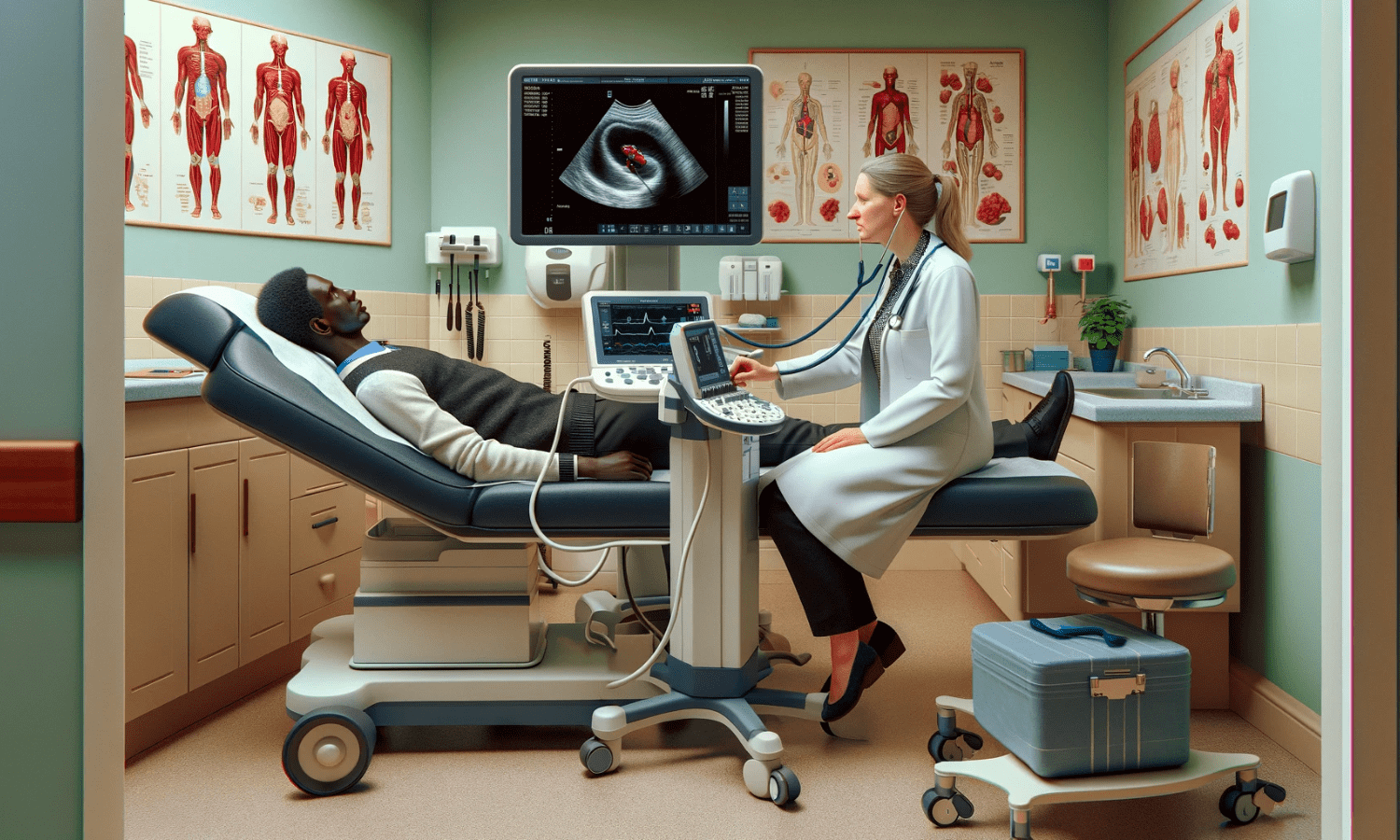Top 5 Myths About Renal Artery Stenosis
Renal artery stenosis (RAS) isn't just a medical term; it's a condition that could be flowing quietly through the veins of misinformation. It's easy to stumble upon myths and misconceptions about RAS, but understanding the truth is vital for those affected. Today, we're going to sift through the noise and focus on the 'Top 5 Myths About Renal Artery Stenosis.' By the end of this post, you'll be equipped with not just facts, but a clearer picture of this often-misunderstood condition.
Myth 1: Renal Artery Stenosis Always Causes Symptoms
"Feeling fine" doesn't always mean "being fine," especially when it comes to RAS. It's a silent prowler, often causing no symptoms until it's progressed. Think of RAS like an iceberg—what you see above the water is only a small fraction of its entirety. Most of the danger lurks beneath, undetected without proper screening. That's why regular check-ups are crucial, particularly if you're battling hypertension or have a family history of vascular diseases. Understanding that RAS can be a silent condition is the first step in preventing its long-term complications.
Myth 2: Renal Artery Stenosis Can Only Be Diagnosed with Invasive Procedures
The thought of invasive tests can be daunting, but rest assured, RAS doesn't hide behind a wall of such procedures. In fact, the detection of RAS often occurs without a single incision, thanks to modern medicine's non-invasive marvels. A Doppler ultrasound or an MRA can reveal the secrets of your blood flow with clarity and precision, all without the need for surgical explorations. And sometimes, RAS unveils itself incidentally during check-ups for other conditions—a reminder of why those routine visits to your doctor are so pivotal.
Myth 3: Renal Artery Stenosis is a Standalone Disease
Much like a chapter in a book, RAS is part of a larger narrative within your body. It often co-stars with high blood pressure and can play a role in the tale of chronic kidney disease. RAS isn't a condition that acts alone; it's interlinked with a network of vascular conditions that can affect your overall health. Acknowledging RAS as part of this interconnected system offers a comprehensive approach to your wellness, highlighting the importance of a holistic view in medical care.
Myth 4: Renal Artery Stenosis Treatment Always Involves Surgery
Surgery might seem like a go-to climax in the story of RAS treatment, but it's not always the hero we need. Lifestyle modifications can often be the unsung champions, coupled with the vigilant sidekick of medication management. Only when these measures can't keep the pressures at bay, do doctors consider the surgical route. And even then, minimally invasive options like angioplasty offer a gentler approach than traditional surgery, illustrating the progressive strides in treating RAS
Myth 5: Renal Artery Stenosis is Uncommon and Not Linked to Other Diseases
Contrary to the belief that RAS is a rare guest in the body, it's more like a common character in the plot of vascular health. Conditions like atherosclerosis and fibromuscular dysplasia are often in cahoots with RAS, contributing to its development. It's crucial to recognize RAS's role in the ensemble cast of conditions that affect many, underlining the need for awareness and screening, especially in those with a predisposition to vascular issues.
Ready to Take the Next Step?
As we've navigated through these myths, the veil of misunderstanding surrounding renal artery stenosis has been lifted. Recognizing these myths for what they are—fiction rather than fact—empowers us with knowledge and prepares us to take proactive steps in managing our health. Remember, the path to wellness begins with separating truth from tales, and with the insights we've shared today, you're well on your way. If you're ready to take charge of your vascular health, our specialists at Indiana Vascular are here to guide you. Schedule your appointment today and let us help you navigate your journey to better health with confidence.
References
Cleveland Clinic. (n.d.). Renal Artery Stenosis: Symptoms, Causes & Treatment. Retrieved from Cleveland Clinic

